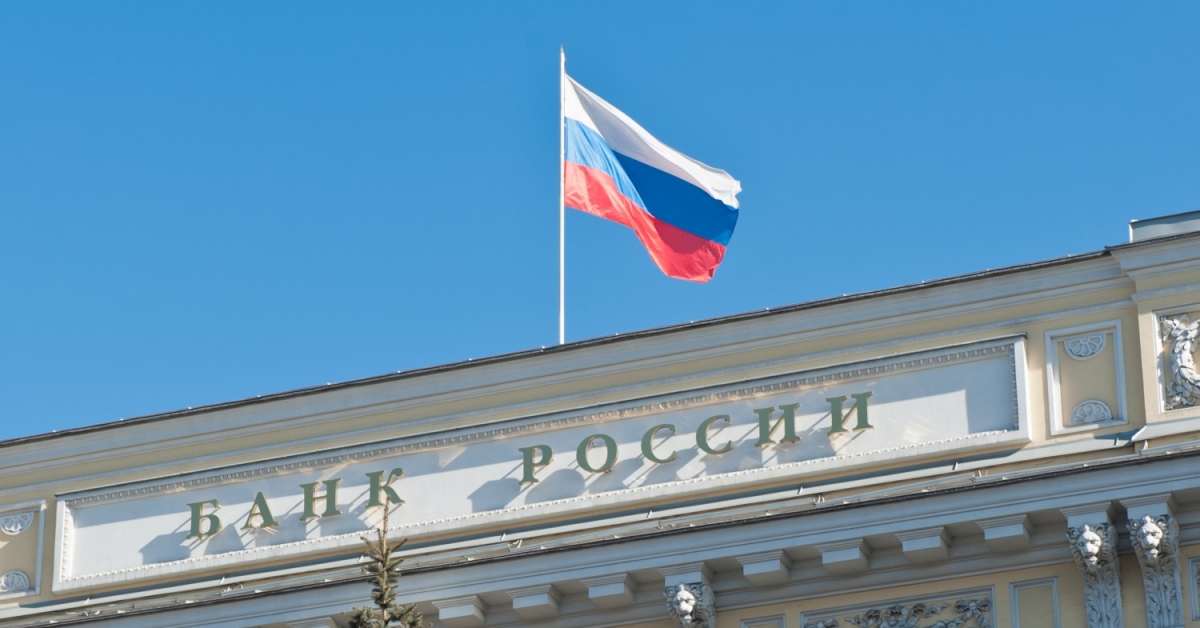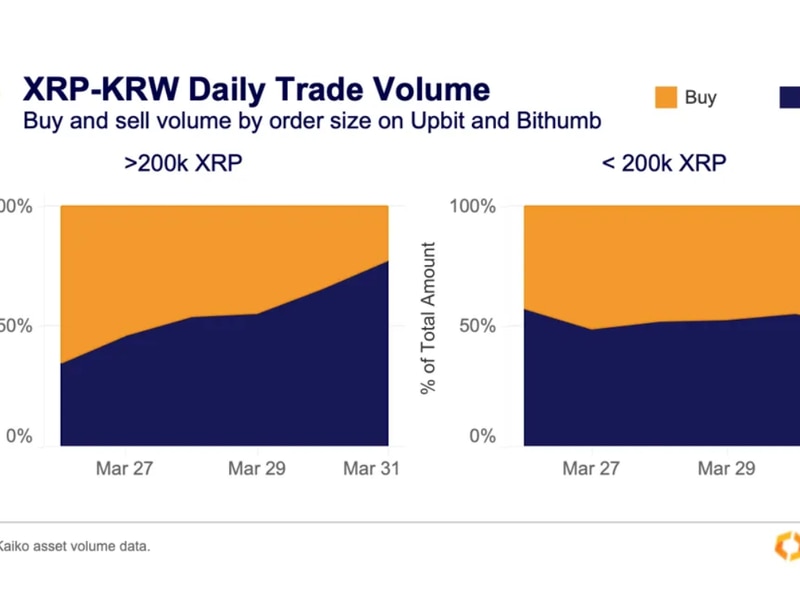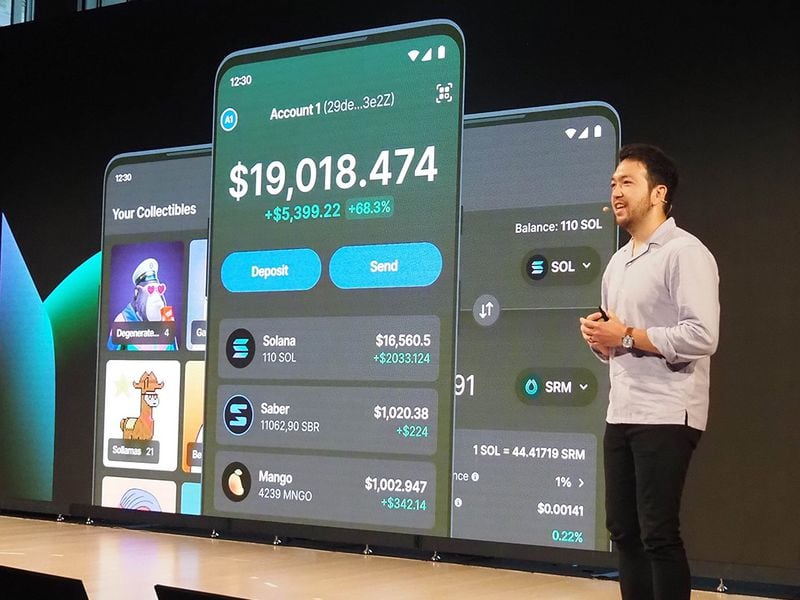Texas Bill Limiting Benefits for Crypto Miners Unanimously Passes Committee Vote
Join the most important conversation in crypto and Web3 taking place in Austin, Texas, April 26-28.
:format(jpg)/www.coindesk.com/resizer/r4hCNh4zR8o4AxiOYIgV0l2Wigc=/arc-photo-coindesk/arc2-prod/public/QPY362MKDVA77CB4EHZRXW2KZM.jpeg)
Eliza Gkritsi is CoinDesk’s crypto mining reporter based in Asia.
Join the most important conversation in crypto and Web3 taking place in Austin, Texas, April 26-28.
A proposed new law that could restrict key benefits for bitcoin miners in Texas passed a state Senate committee on Tuesday and is now headed to the full chamber.
Senate Bill 1751 caps how much miners can participate in grid balancing programs, said Satoshi Action Fund co-founder and CEO Dennis Porter, who added that there were no committee votes in opposition. That puts the legislation on the “uncontested” list, he continued, meaning its has more than a 95% chance of winning Senate approval. From there, it would head to the Texas House.
Texas is one of the world’s largest hubs for the energy-intensive bitcoin mining industry, largely due to low electricity prices and a favorable business environment. However, the tide started to turn for the industry around the summer 2022, as the Texas grid operator slowed down approvals for new facilities due to influx of miners.
Texas miners often shut down their operations at times of high energy demand in return for credits that they can use later. Riot Platforms (RIOT) – for instance – earned $21.3 million in such power credits in the first nine months of 2022. Crucially, this new legislation will cap miners’ participation in grid ancillary services – such as demand response programs – to 10% of the total participation.
The bill will also take away tax abatements for certain property and require miners with more than 10 megawatts (MW) of computing power to register as large flexible loads operators with the Texas grid operator, ERCOT.
SB 1751 is sponsored by three Republican state senators: Lois Kolkhorst, Donna Campell and Robert Nichols. None of the senators could be reached for comment at the time of publication.
“We urge all Texas residents to reach out to their representatives and encourage them to vote against this anti-free market bill that would increase ERCOT’s cost for procuring demand response services, ultimately leading to increased costs for Texas ratepayers and reduced grid stability,” said Texas Blockchain Council Director of Business Development Kristine Cranley.
“It’s not an attack on bitcoin miners,” Texas resident Jackie Sawicky told CoinDesk. Sawicky, who is petitioning against Riot’s facility Texas’ Navarro County, said the proposed new law is “just revoking this special treatment.”
Edited by Stephen Alpher.
DISCLOSURE
Please note that our
privacy policy,
terms of use,
cookies,
and
do not sell my personal information
has been updated
.
The leader in news and information on cryptocurrency, digital assets and the future of money, CoinDesk is a media outlet that strives for the highest journalistic standards and abides by a
strict set of editorial policies.
CoinDesk is an independent operating subsidiary of
Digital Currency Group,
which invests in
cryptocurrencies
and blockchain
startups.
As part of their compensation, certain CoinDesk employees, including editorial employees, may receive exposure to DCG equity in the form of
stock appreciation rights,
which vest over a multi-year period. CoinDesk journalists are not allowed to purchase stock outright in DCG
.
:format(jpg)/www.coindesk.com/resizer/r4hCNh4zR8o4AxiOYIgV0l2Wigc=/arc-photo-coindesk/arc2-prod/public/QPY362MKDVA77CB4EHZRXW2KZM.jpeg)
Eliza Gkritsi is CoinDesk’s crypto mining reporter based in Asia.
Learn more about Consensus 2023, CoinDesk’s longest-running and most influential event that brings together all sides of crypto, blockchain and Web3. Head to consensus.coindesk.com to register and buy your pass now.
:format(jpg)/www.coindesk.com/resizer/r4hCNh4zR8o4AxiOYIgV0l2Wigc=/arc-photo-coindesk/arc2-prod/public/QPY362MKDVA77CB4EHZRXW2KZM.jpeg)
Eliza Gkritsi is CoinDesk’s crypto mining reporter based in Asia.









